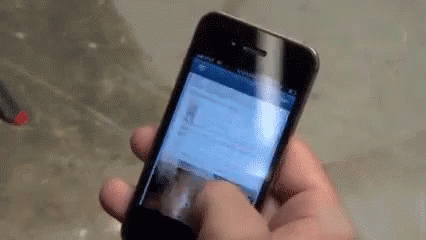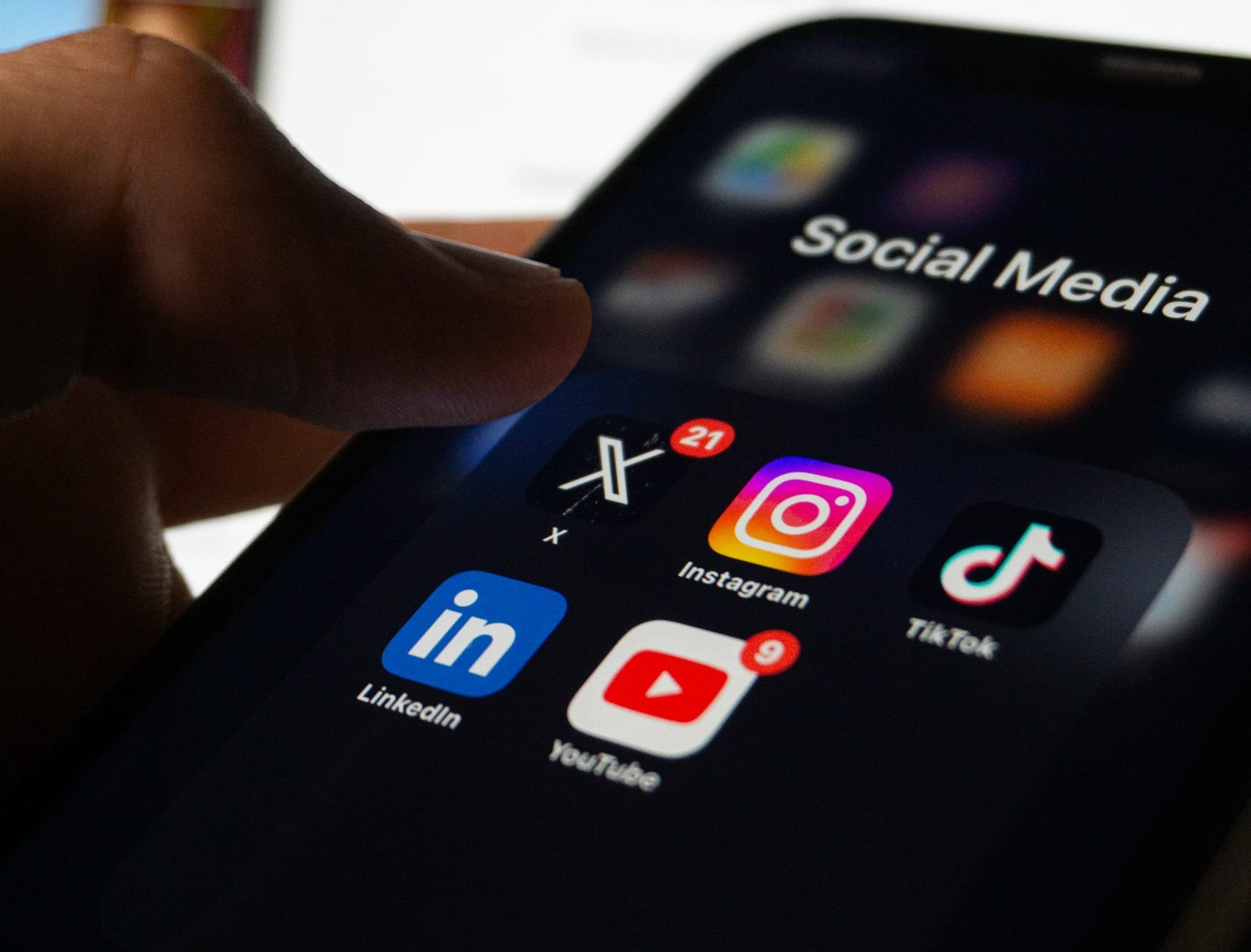Unplugged: Breaking Free from Social Media's Grip

What is happening, Varrock Street Journal Community?!
This week, we delve into a growing concern in our digital age: “brain rot”—a phenomenon fueled by social media addiction and doomscrolling. These behaviors are not just distractions; they reshape how we think, feel, and even sleep. Drawing from recent research, we’ll explore the tangible impact of these digital habits and discuss practical steps for reclaiming our mental and emotional well-being.
A Digital Epidemic: Social Media and Brain Rot
You’re lying in bed, scrolling through an endless stream of news, memes, and updates. “Just five more minutes,” you tell yourself. Before you know it, hours have slipped away. You’re exhausted the next morning, struggling to focus, yet you reach for your phone again. Sound familiar?
The Data Behind the Habit
- Sleep and Cognitive Function Zhang et al. (2023) revealed that social media addiction significantly disrupts sleep quality and emotional stability, which in turn damages cognitive processes like decision-making and impulse control. Emotional disturbance acts as a mediator, amplifying these effects(1)(4).
- The Doomscrolling Trap A groundbreaking study by Satici et al. (2023) introduced the Doomscrolling Scale, showing how compulsively consuming negative content fosters psychological distress. This behavior is tied to decreased life satisfaction and mental well-being, creating a feedback loop of seeking negativity despite its harm(2).
- Teen Vulnerability Adolescents are especially at risk. Research by Pirdehghan et al. (2021) found that teens who spend excessive time on social media experience shorter sleep durations, greater daily dysfunction, and increased depression. Alarmingly, over 60% of teens sleep with their phones, heightening these risks(3).

The Ripple Effects: More Than Just Lost Sleep
The consequences of brain rot extend beyond sleepless nights. Over time, excessive social media use impairs our ability to think critically and manage emotions.
The Cognitive Downfall
Zhang et al. found that young adults with social media addiction demonstrate measurable declines in executive functioning—critical for planning, problem-solving, and maintaining self-control. This decline creates a vicious cycle: poorer decisions lead to more scrolling, perpetuating the addiction(1)(4).
Why It Feels So Hard to Stop
The algorithms behind social media platforms are designed to keep us engaged. They promote emotionally charged content that triggers dopamine releases, making scrolling addictive. Doomscrolling, especially during crises, feeds our need for information, but often leaves us feeling anxious and overwhelmed(2).
Breaking Free: Practical Steps for Reclaiming Control
- Prioritize Sleep Hygiene
- Create a phone-free zone in your bedroom.
- Establish a calming pre-sleep routine, like reading or meditating, to help your mind unwind.
- Curate Your Feed
- Follow accounts that inspire and educate rather than provoke stress or anxiety.
- Regularly audit your social media to remove negative influences.
- Set Time Boundaries
- Allocate specific times for social media use and stick to them.
- Use app timers or phone settings to limit your daily usage.
- Engage Offline
- Invest in hobbies, exercise, or meaningful in-person interactions.
- Explore creative outlets like painting, writing, or gardening to decompress.
- Advocate for Better Tech Design
- Support calls for platforms to include tools like break reminders and healthier algorithms that prioritize well-being over engagement.

Why This Matters
“Brain rot” isn’t just an individual issue—it’s a societal challenge. As more of us grapple with the mental and emotional toll of social media, the ripple effects touch every corner of life: strained relationships, reduced workplace productivity, and even long-term cognitive decline. Understanding the risks is the first step toward reclaiming control.
Imagine a society where technology enriches our lives without undermining our mental clarity or emotional health. This vision isn’t just possible; it’s essential.
Did You Know?
Doomscrolling activates the same stress-response pathways in the brain as life-threatening situations. Over time, this constant activation can lead to chronic stress, elevated cortisol levels, and burnout(2)(3).
Reflection Questions
- How does your current social media use align with your goals and values?
- What changes can you make today to foster healthier digital habits?
- How can tech companies and governments better regulate platforms to prioritize user well-being?
References
- Zhang, K., et al. (2023). Effect of Social Media Addiction on Executive Functioning Among Young Adults: The Mediating Roles of Emotional Disturbance and Sleep Quality. Psychology Research and Behavior Management. Click here(1).
- Satici, S. A., et al. (2023). Doomscrolling Scale: Its Association with Personality Traits, Psychological Distress, Social Media Use, and Wellbeing. Applied Research in Quality of Life. Click here(2).
- Pirdehghan, A., et al. (2021). Social Media Use and Sleep Disturbance among Adolescents: A Cross-Sectional Study. Iranian Journal of Psychiatry. Click here(3).
Let’s take these insights to heart and strive for a healthier, more intentional relationship with technology—together.
